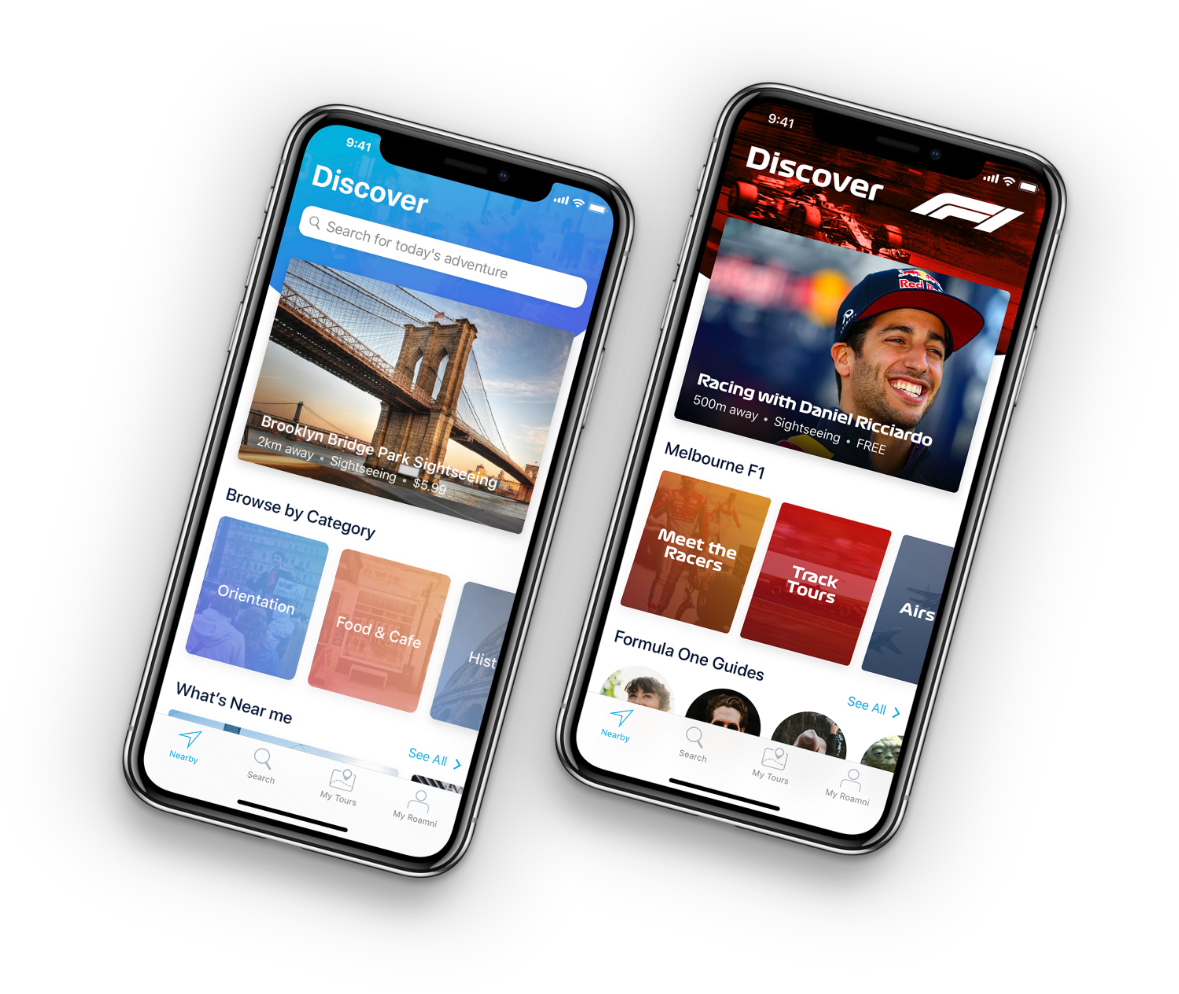Can ChatGPT Create an App?
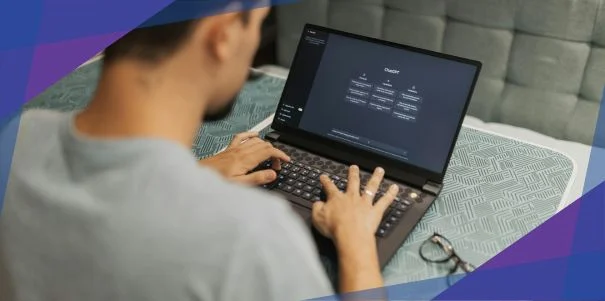
ChatGPT won’t magically turn an idea into a full-fledged app. But don’t write it off just yet. It can make development faster, easier, and way more efficient in ways you might not expect—like a personal assistant on steroids (minus the side effects).
Here’s the catch: no matter how smart AI gets, it still needs a human to bring it all together. You wouldn’t trust a power drill to build a house, right?
So, what exactly can (and can’t) ChatGPT do when it comes to app development? Where does AI stop, and where does human expertise take over?
Let’s break it down.
What can ChatGPT do for app development?
1. Generate code snippets
I’m not a developer, but I work closely with teams that spend hours searching for the right code, fixing bugs, or rewriting the same functions over and over. It’s a total drain on energy, and it slows everything down.
Instead of getting stuck in the loop, Googling endlessly or combing through outdated documentation, app developers can turn to ChatGPT for a quick starting point. Here’s an example I tried:
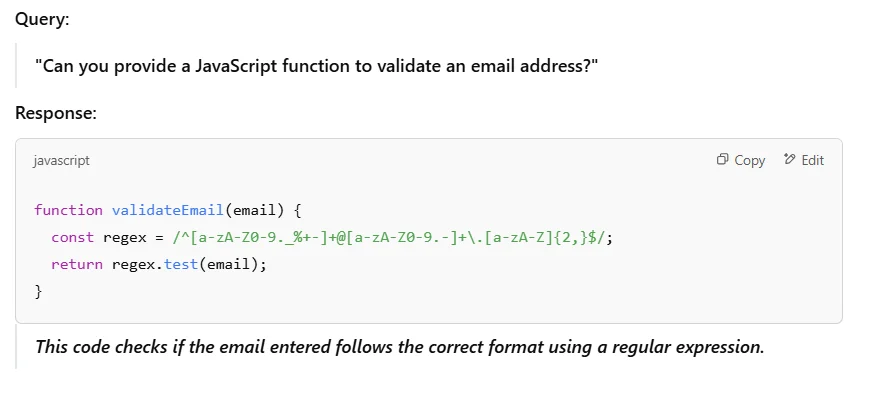
Of course, AI-generated code still needs review (no one should copy-paste blindly), but when used right, it cuts down on busywork and lets teams focus on the real build.
When you need something reliable, though, Appetiser’s Baseplate™ steps it up. Unlike AI tools like ChatGPT, which require extra testing, Appetiser Baseplate™ is a ready-made framework that’s already been tested. This means developers can skip the setup and focus on building great features.
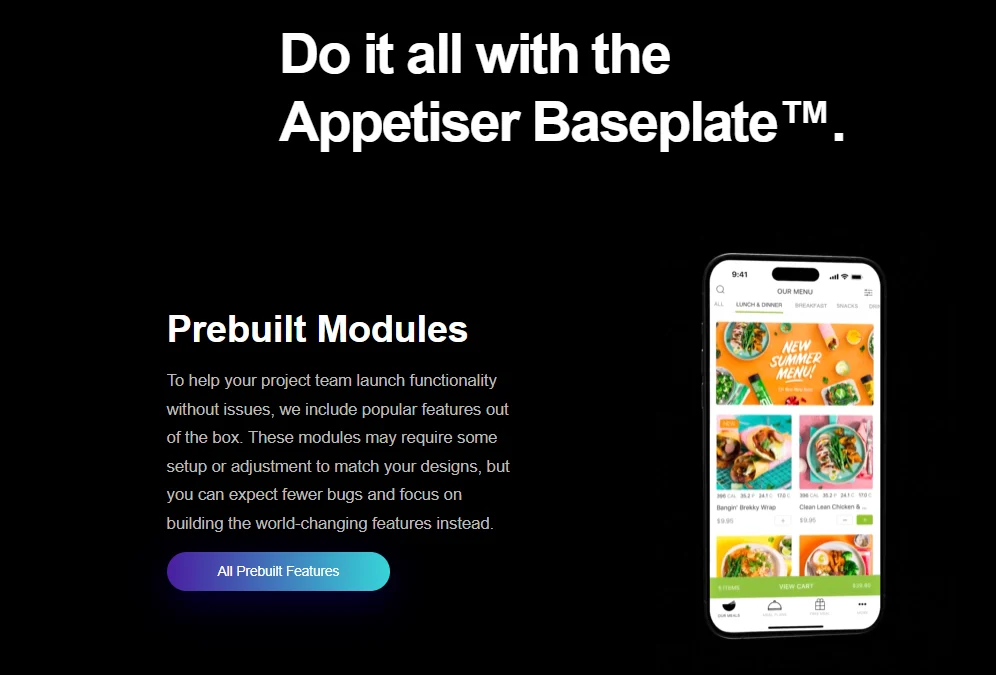
This is exactly how Appetiser empowered MyDeal to rapidly scale their mobile app, resulting in a 111.1% surge in gross sales in 2021. This growth led to Woolworths acquiring 80% of MyDeal’s online marketplace, valuing the company at $243 million. Curious how? Check out Appetiser’s work with MyDeal.
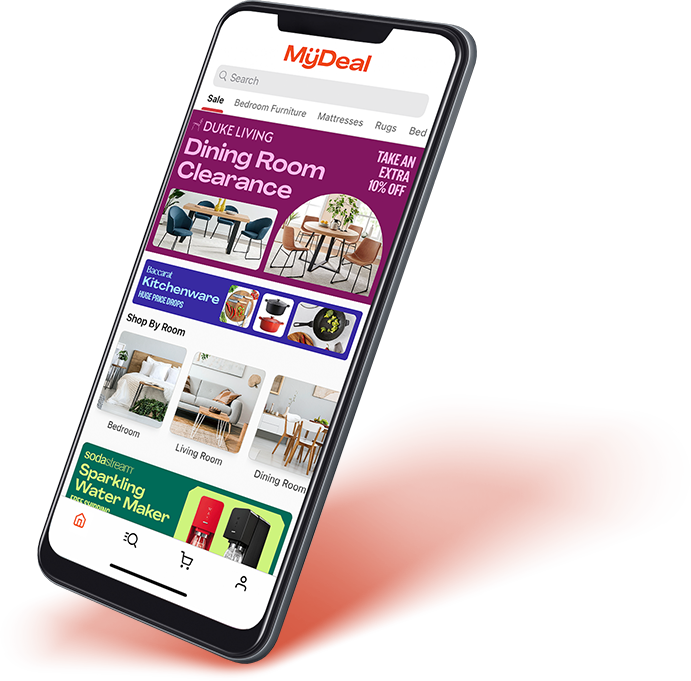
2. Help with debugging
Bugs are inevitable when developing an app or website. Whether it’s a syntax issue or a deeper logic problem, they slow everything down. ChatGPT can analyze code, suggest fixes, and explain potential errors in plain English.
Take a look at this example:
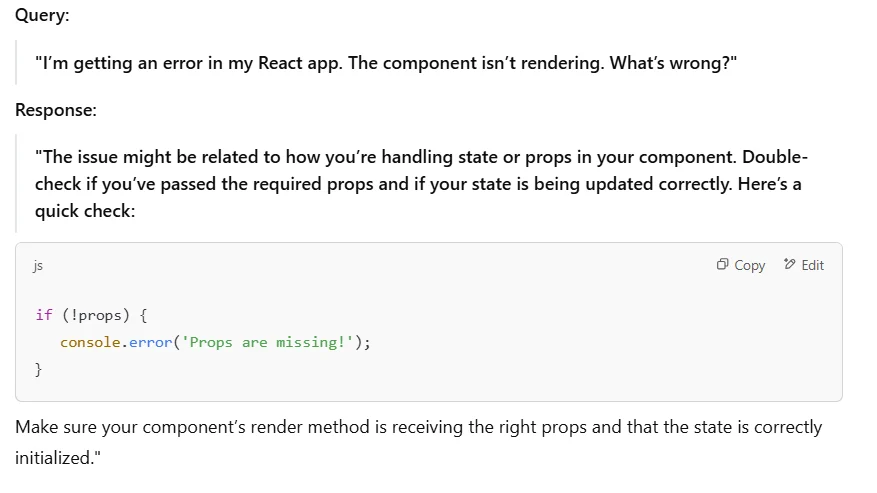
It’s not perfect (AI doesn’t actually run code), but it’s like having an extra set of eyes that never gets tired. Even if it doesn’t find the exact issue, it helps developers think through the problem faster.
Plus, it can spark new ideas or alternative solutions that might not have been obvious initially, leading me to my next point.
3. Brainstorm app features and UI ideas
This is one of my favorite use cases. Coming up with the right features for an app isn’t just about what sounds cool—it’s about understanding user needs, market trends, and competitor offerings. But sometimes, as humans, we run out of ideas and creative juices. It doesn’t just click right away.
That’s where tools like ChatGPT can help spark new thoughts and push you past creative blocks. You can use it to generate feature lists based on user pain points, suggest monetization strategies, and even outline user flows. It’s not a replacement for actual UX designers or product strategists, but it’s a good tool to spark ideas and get unstuck when you’re feeling creatively blocked.
Here’s a scenario where ChatGPT can be useful for brainstorming:
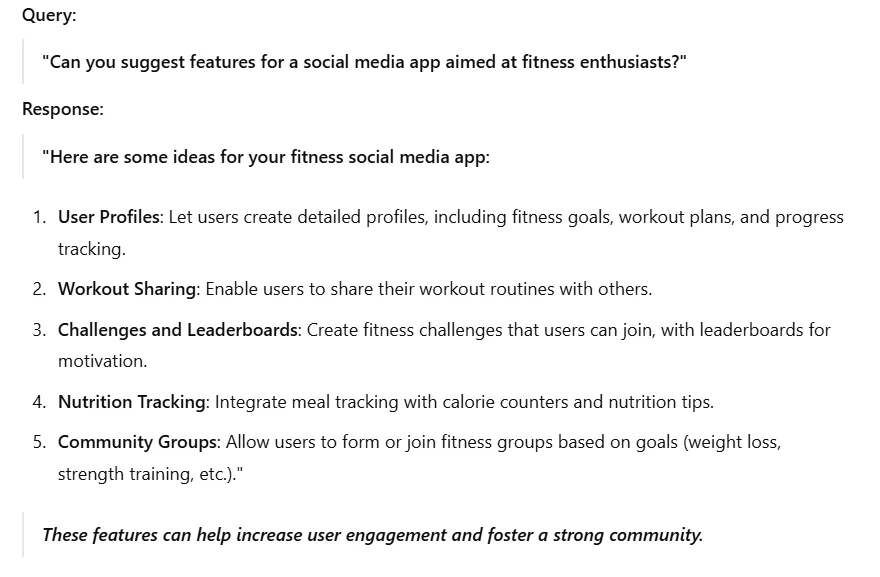
While ChatGPT can help spark ideas, it’s the knowledge and strategy of a skilled team that make sure those ideas are built the right way.
The real value comes from the expertise of product strategists and experienced app developers—like those at Appetiser—who have built and launched apps used by millions. We know how to turn concepts into features that solve real problems, focus on user experience, and deliver results.
4. Explain complex concepts
App development comes with a lot of jargon—APIs, cloud infrastructure, machine learning, databases, performance optimization… the list goes on.
We’ve worked with many clients who have zero tech or coding background. And while they don’t need to become tech experts themselves, having a basic understanding goes a long way in making informed decisions.
That’s where ChatGPT can become pretty handy.
I’ve tried doing this myself, and here’s what I got:
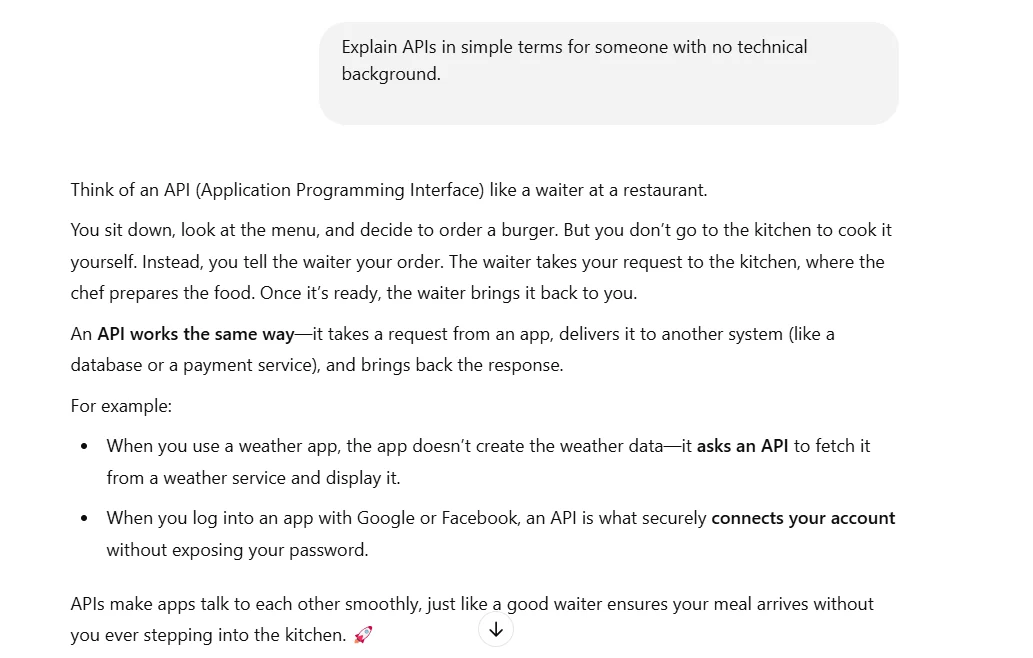
Instead of reading through 50-page technical docs, you can ask AI to break things down in simple terms. What’s the best way to integrate payments? How does an authentication system work? AI can give digestible answers that allow you to make better calls.
See related blog: Hard Is It to Make an App in 2025 for Non-Techie Founders?
What ChatGPT can’t do in app development
1. It doesn’t build complete apps
Let’s get this out of the way. ChatGPT will not take an idea and turn it into a fully functional, polished product. It can generate pieces of code, suggest structures, and even draft UI ideas, but assembling all these components into a seamless app? That still requires real developers, designers, and strategists.
I’d like to think of AI’s use in app development like a cookbook. It can give you recipes, but it won’t go grocery shopping, prep ingredients, or cook the meal for you.
Successful apps require an understanding of user experience, security, performance optimization, and countless other factors that AI simply doesn’t grasp—not the way that an experienced mobile app developer does.
If you want a better shot at success, your best bet is to work with expert app developers who can bring your vision to life and handle the complexities of building a truly great product.
2. It lacks creativity and critical thinking
AI is great at processing vast amounts of data, but it doesn’t think—at least, not the way humans do. ChatGPT works with existing information, meaning it can’t innovate or bring fresh, original ideas to the table.
A real product team doesn’t just piece together features—they challenge assumptions, find unique angles, and make strategic decisions based on business goals, market trends, and user psychology.
AI can assist with research and ideation, but it won’t have the intuition or creativity to build something truly groundbreaking.
3. It can generate incorrect or outdated code
ChatGPT generates responses based on the data it was trained on, which means the code it provides isn’t always up to date—or even correct.
AI may confidently suggest a function that looks right but breaks upon testing. It doesn’t understand why something works; it just predicts what might work based on past examples. This is why developers still need to review, refine, and validate everything AI generates.
So my mantra is: “Be open. Give it a shot, but always verify.”
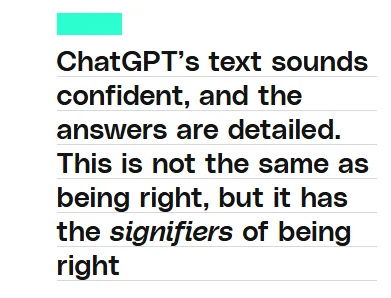
Source: The Verge
4. It can’t test or deploy your app
Building an app doesn’t stop at writing code. There’s testing, debugging, performance optimization, security checks, and deployment—none of which ChatGPT can handle.
Launching an app is a strategic process. It involves ensuring the product runs smoothly across devices, handling real user feedback, integrating with different platforms, and complying with app store policies.
AI can generate test cases or suggest improvements, but it doesn’t replace the expertise needed to bring an app to market successfully.
People Also Ask
1.What is ChatGPT?
ChatGPT is an AI language model designed to generate human-like text. It’s trained on vast amounts of data, which means it can answer questions, provide explanations, and even simulate conversations. While ChatGPT is not an app-building tool, it can certainly assist with many aspects of the app development process.
2. Can ChatGPT build a fully functional app?
ChatGPT can assist with the app development process by generating code, debugging, and providing suggestions. However, creating an entire app, whether an Android app or an iPhone app, still requires human expertise for testing, integration, and deployment.
3. How can ChatGPT assist in mobile app development?
ChatGPT can speed up mobile app development by generating code snippets, offering UX/UI recommendations for a better user interface, and even suggesting APIs. While it can’t build an entire app, it’s useful for brainstorming an app idea and automating parts of software development.
4. Can ChatGPT develop an app with API access?
Yes, ChatGPT can generate code to integrate API access into an app. Whether it’s a mobile app development project or a web-based tool, ChatGPT can provide API implementation guidance, but developers must handle testing and security.
5. Can ChatGPT replace human developers?
No, ChatGPT cannot replace developers but it can assist in the app development process by writing boilerplate code, debugging, and optimizing performance. Creating a high-quality Android app or iPhone app requires human expertise in architecture, security, and user experience.
6. Can I create a mobile app with ChatGPT?
You can build an app with ChatGPT by using it to generate code, suggest frameworks, and improve design elements. However, deploying and maintaining such an app still requires developers to handle testing, security, and platform-specific optimizations.
Real results come from experts
When I think about ChatGPT, I see it as a digital assistant instead of a fully fledged developer.
Yes, it’s capable of generating code snippets, explaining complex concepts, and even suggesting app features. But it’s not here to take over the heavy lifting. Rather, its role is to support developers in being more efficient, more creative, and more collaborative.
A real, market-winning app? That takes expert developers who build for performance, security, and scale.
If you want an app that users love, investors back, and competitors envy, talk to us at Appetiser. Let’s turn your bold visions into world-class products.

Jane Eslabra has 14+ years of experience producing content across traditional and digital platforms. She channels her strong passion for fostering tech startup growth through knowledge sharing.


